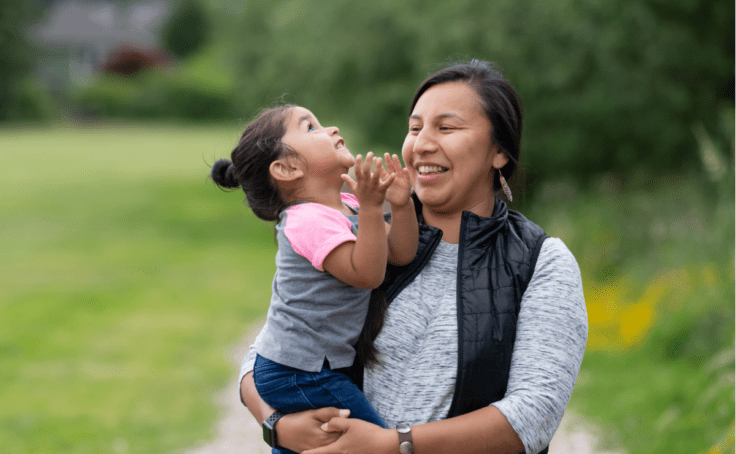How can the Safe Babies™ approach work in tribal communities?


Janie Huddleston brings over 30 years of experience and expertise in education, child welfare, Medicaid, mental health, early learning…
In 2009, the Eastern Band of Cherokee Indians in the state of North Carolina successfully implemented the Safe Babies approach for five years. As a technical assistance partner to the tribe, we shared responsibility for supporting an effective Safe Babies approach. We helped increase their capacity to provide Child Parent Psychotherapy with a holistic approach for addressing the entire family. We also supported the formation of a new partnership between the tribal court and the state’s child welfare system that allowed each family to have only one court case. While we’re proud of this work, it was a learning experience and I’m appreciative of the tribe’s feedback that we took into our next partnership.
During 2016-2018, we supported the exploration and initial implementation of Safe Babies with the Muscogee (Creek) Nation in Oklahoma. The program worked to create a community-centered family contact location for the families participating in Safe Babies. They utilized two fully furnished apartments so families could interact with their children in a real home-like space. They also developed a cultural center to ensure children were immersed in their own culture including protecting their Native language. However, after judicial and staff shifts, the tribe decided to pause continued development of the program.
As a result of these experiences, we wanted to build our capacity to work more effectively with potential tribal partners, so we reached out to the National Indian Child Welfare Association (NICWA) and asked them to join as a partner on our project.
Janie Huddleston
As we move forward, we are:
- Recognizing that each tribe is different and identifying language and questions to acknowledge and honor that uniqueness with our approaches.
- Supporting growth and continuous quality improvement by using a relational worldview instead of a linear worldview to capture qualitative gains in the application, recognizing that wisdom is knowledge in context.
- From the onset of establishing a new site, utilizing a relational method to allow tribal leaders and members to contextualize Safe Babies for their community and create durable partnerships within this approach.
- Expanding on concepts that will highlight the baby within the family unit by supporting capacity building of specific infant/toddler-focused interventions that Tribal communities find beneficial.
We are excited to explore potential interests from Tribal communities in implementing or restarting the Safe Babies program. Through the Safe Babies approach, we can strengthen families and support the well-being of Native babies and families to prevent involvement in the child welfare system.
Building on the Indian Child Welfare Act
The Indian Child Welfare Act (ICWA) was enacted in 1978 in response to a crisis affecting American Indian and Alaska Native children, families, and tribes. Research found that 25%–35% of all Native children were being removed; of these, 85% were placed outside of their families and communities—even when fit and willing relatives were available.
Sarah Kastelic, Executive Director of the National Indian Child Welfare Association (NICWA) says that while today’s data is an improvement, the disproportionality rate of native children in state child welfare systems is still about 2.76 compared to non-native children.
The judge is three times more likely to remove the native child than a white child so we know there's still bias in the system that we're dealing with.
Sarah Kastelic
Hear more from Sarah and see how other ZERO TO THREE programs are working to support tribal communities.

